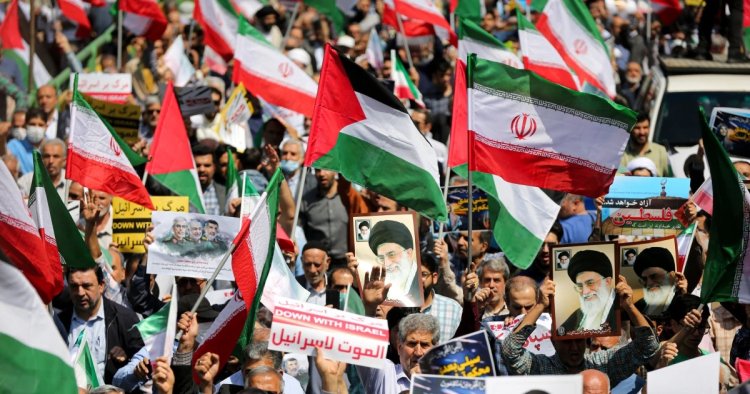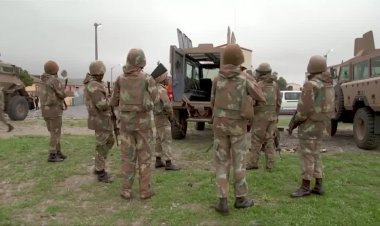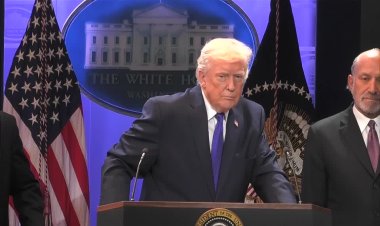Gaza Ceasefire Collapse Sparks Middle East Tensions

Recent developments in the Middle East have raised concerns about a potential escalation of conflict, as efforts to secure a ceasefire in Gaza and a hostage release deal appear to have collapsed. Secretary of State Antony Blinken's recent trip to the region failed to produce a significant agreement, with Israel and Hamas remaining at odds on key issues.
The breakdown of ceasefire negotiations has heightened fears that Iran may now feel compelled to retaliate against Israel for the killing of Hamas leader Ismail Haniyeh in Tehran last month. Additionally, the Iranian-backed Hezbollah group in Lebanon might also launch an attack following the assassination of its top military commander in July.
Iran has publicly stated its intention to retaliate against Israel while emphasizing the need to avoid disrupting ceasefire talks. The country's UN mission indicated that their response would be "carefully calibrated" and timed for "maximum surprise." Experts suggest that Iran's retaliation could potentially be more severe than its April attack, which involved 300 drones and missiles.
The U.S. has bolstered its military presence in the region, deploying additional assets such as the USS Abraham Lincoln aircraft carrier strike group and F-22 fighter jets. However, analysts warn that a coordinated attack by Iran and its proxies could pose a significant challenge to Israel's defenses.
Hezbollah remains another major threat, having yet to retaliate for the killing of its top military official, Fuad Shukr. The militant group continues to engage in cross-border attacks against Israel, complicating efforts to reach a ceasefire agreement that would enable the return of evacuated Israeli citizens to the northern border area.
Experts emphasize that achieving a ceasefire in Gaza is crucial for addressing other regional issues and preventing further escalation.















